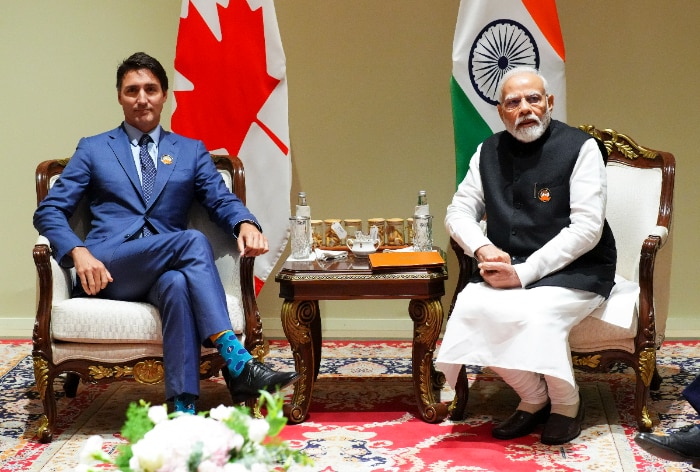
[ad_1]
“There was shared intelligence among ‘Five Eyes’ partners that helped lead Canada to (make) the statements that the prime minister made,” said USA Ambassador David Cohen.

Hardeep Singh Nijjar’s Killing: United States Ambassador to Canada David Cohen has said that the information shared by members of an intelligence-sharing alliance was part of what Canadian Prime Minister Justin Trudeau used to make public allegations of the Indian government’s possible involvement in the assassination of Hardeep Singh Nijjar, the Sikh Canadian chief of Khalistan Tiger Force (KTF), a radical separatist outfit and a staunch supporter of the Khalistan movement.
“There was shared intelligence among ‘Five Eyes’ partners that helped lead Canada to (make) the statements that the prime minister made,” USA Ambassador David Cohen told Canadian CTV News network.
CTV News released some of Cohen’s comments late Friday, and the network said that it would air the full interview with the US envoy on Sunday. No further details were released about the shared intelligence.
On Thursday, a Canadian official told The Associated Press that the allegation of India’s involvement in the killing is based on surveillance of Indian diplomats in Canada, including intelligence provided by a major ally, without saying which one.
The “Five Eyes” intelligence-sharing alliance is made up of Australia, Canada, New Zealand, the United Kingdom and the United States.
The relationship between Canada and India reached its lowest point in recent history when Trudeau said there were “credible allegations” of Indian involvement in the assassination of Hardeep Singh Nijjar, a 45-year-old Sikh separatist, in June in a Vancouver suburb. Both countries have expelled some top diplomats.
India, which has called the allegations “absurd,” also has stopped issuing visas to Canadian citizens and told Canada to reduce its diplomatic staff.
Canada has yet to provide public evidence to back Trudeau’s allegations.
Nijjar was born in India and became a Canadian citizen in 2007. He was wanted by India for years before he was gunned down in June outside the temple he led in Surrey, a suburb of Vancouver.
India has accused Nijjar of operating his banned Khalistan Tiger Force (KTF) outfit on Canadian soil and also played an active role in the training and financing of KTF. The Khalistani terrorist also funded terror acts in Punjab and other parts of India, as per a dossier prepared by Indian intelligence agencies.
According to the dossier, Nijjar openly carried out separatist activities against India in Canada and organized training camps where he imparted arms training to Khalistani recruits, teaching them to use firearms like handguns, AK-47 assault rifles, and sniper rifles.
The dossier claimed that Nijjar deployed shooters in India to carry out targeted killings and attacks against political and religious figures.
Nijjar’s killing has sparked a major diplomatic row between India and Canada.
(With The Associated Press inputs)
[ad_2]